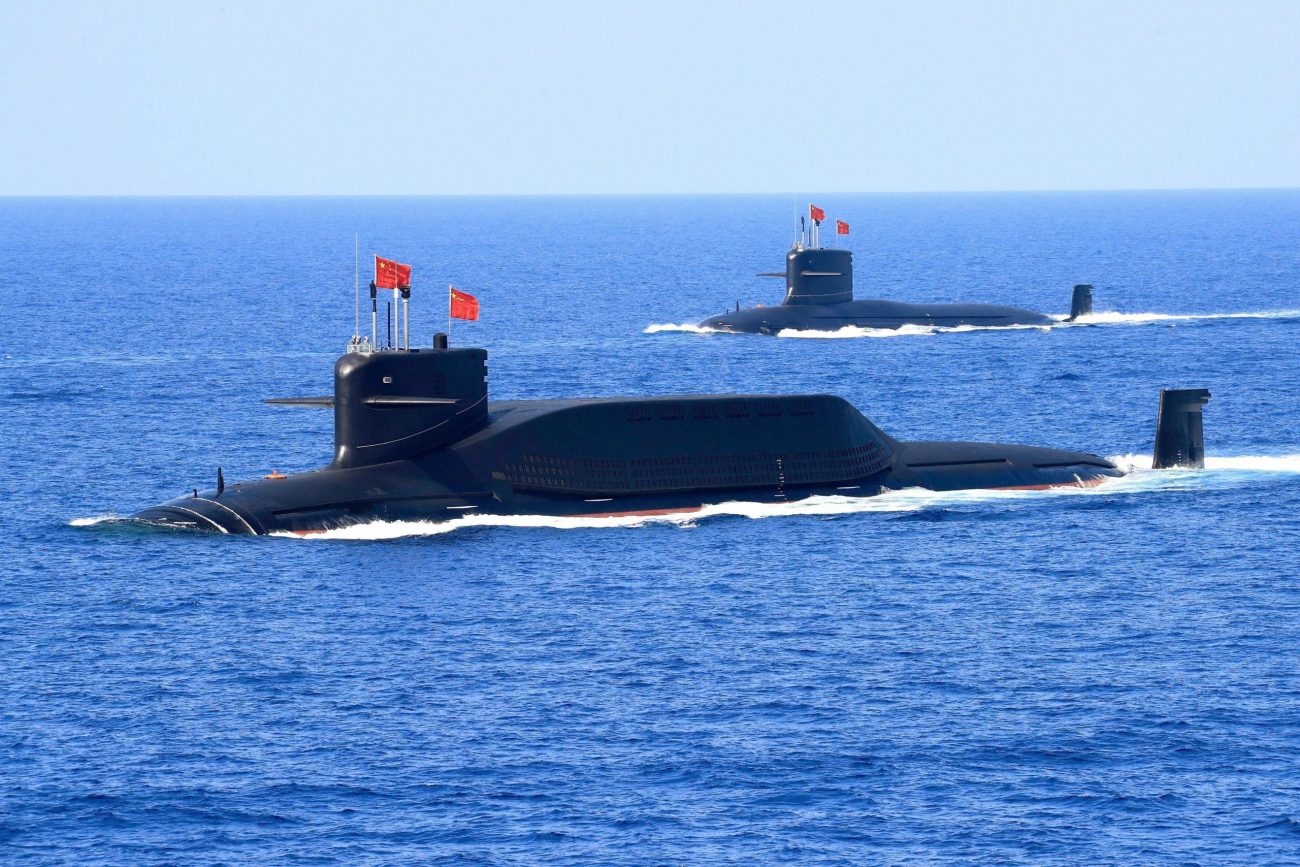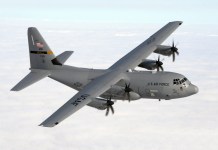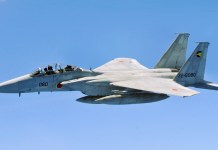Even as the uproar over a proposed Chinese naval station in the Solomon Islands hasn’t settled; a new report claims that the country has signed a memorandum of understanding (MoU) with a Chinese company to transform the country into what it calls a regional “aeronautical hub.”
As part of an ambitious plan to transform the Pacific Islands country into an “aeronautical hub”, one of China’s major defense and aerospace corporations plans to upgrade nearly three dozen airstrips in the Solomon Islands, reported Australia based ABC news.
“Solomon [Islands] wishes to be part of the regional airline concept where Honiara would receive direct flights from China and become a regional hub,” according to the MoU, obtained by Australia-based media.
In exchange, the Solomon Islands government promised to buy six planes from AVIC Commercial Aircraft, a part of China’s state-owned defense conglomerate that has developed small and medium-sized planes for poor countries.
The deal with the Chinese company was struck in November 2019 in Yanliang, near Xi’an in central China, by Solomon Islands Minister for Communication and Aviation Peter Shanel Agovaka.
The agreement was signed months after the Solomon Islands severed their 36-year diplomatic relationship with Taiwan and formally recognized Beijing.
The minister also spoke at a major aviation conference organized by AVIC in Yanliang, touting a partnership with the company as an “opportunity and way forward” for the Solomon Islands.
However, neither AVIC nor the Solomon Islands government appears to have followed through on any of the MoU’s objectives after it was signed.
The leaked MoU comes days after the Solomon Islands’ signing of a security treaty with China, which might pave the door for a permanent Chinese military deployment in the Solomons.
The United States and Australia both strongly objected to this security arrangement between Beijing and the island nation.
Details Of The Deal
Noting that the plan was likely halted due to the Pandemic, Graeme Smith of the Australian National University told the ABC that there was a “great deal of urgency in the [aviation] agreement … far more urgency than you find in many MoUs between China and the Pacific”.
Dr. Smith said that AVIC may have recognized a commercial opportunity to sell jets to the Solomon Islands in favorable conditions that were essentially subsidized by Chinese state financial institutions.
However, he stated that there was a definite “strategic push” behind the MoU.
Solomon Airlines currently only has one international plane, an Airbus A320, and has made no plans to purchase any further planes from the Chinese company. For domestic operations, it operates three smaller Twin Otter and one Dash 8 aircraft. Brett Gebers, the CEO of Solomon Airlines, said that he was not aware of the deal.
“I discussed this MOU with the board and, as it has not yet been presented to the board, the chairman said that he will contact the MCA [Ministry of Communication and Aviation] to find out more about it,” he said.
“I was half-heartedly invited to accompany a group of MPs to China around this time in 2019 but nothing ever came of it. There was mention of looking at airplanes.”
This runs contrary to the broad objective outlined in the MOU: “Solomon [Islands] wishes to be a part of the regional airline concept where Honiara would receive direct flights from China and become a regional hub.”
“For this vision, Solomon [Islands] needs to acquire new planes, such as MA600/MA700 and Y-12 aircraft, and refurbish airfields,” MOU mentioned.
The MA600 is a modern turboprop plane that AVIC Commercial Aircraft has already supplied to countries such as Laos and Benin.

In 2018, the Chinese media claimed that more than 100 domestically produced MA60 and MA600 turboprop planes have been delivered, including 57 to foreign buyers.
According to the MoU, the sale would be dependent on further pricing and concessional terms negotiations, as well as the ultimate approval of the Solomon Islands board of directors and the Solomon Islands government.
The MoU further stated that the acquisition of planes would be “in combination and is linked to facilitating the upgrade of the Solomon Islands domestic airfields in two phases.” “For Phase One, up to 15 airfields; for Phase Two, the remaining 20 airfields”.
Is The Chinese Military Involved?
The recent security deal between China and Solomon Islands has already put countries, particularly Australia, on edge, and there’s a possibility that this type of development could exacerbate regional tensions.
Furthermore, considering the record of Chinese firms, it would not be incorrect to speculate that the transaction may well have military ties.
Dr. Smith underlined that AVIC’s commercial arm was affiliated with the Chinese military and may be interested in inspecting airfields and other infrastructure in the country. “Defense planners (in Australia) might be somewhat concerned at the involvement of this company,” he said.
There may be concerns about intelligence being relayed back to the Chinese military, but Dr. Smith stated that this was speculative. “Is this company going to build a base in the Solomon Islands? Probably not, it’s not really what they do. But certainly, they have extremely strong ties to the Chinese military.”

Canberra has already warned Beijing about the recent security agreement, with Australian Prime Minister Scott Morrison saying that any attempt by China to develop a naval station on the Solomon Islands would cross a “red line” for Australia and the US.
“We won’t be having Chinese military naval bases in our region on our doorstep,” Morrison said last Sunday.
Similarly, a senior US official in the Pacific has warned that if the Solomon Islands allows China to build a military post there, America would have to “respond.”
- Contact the author at ashishmichel@gmail.com
- Follow EurAsian Times on Google News




